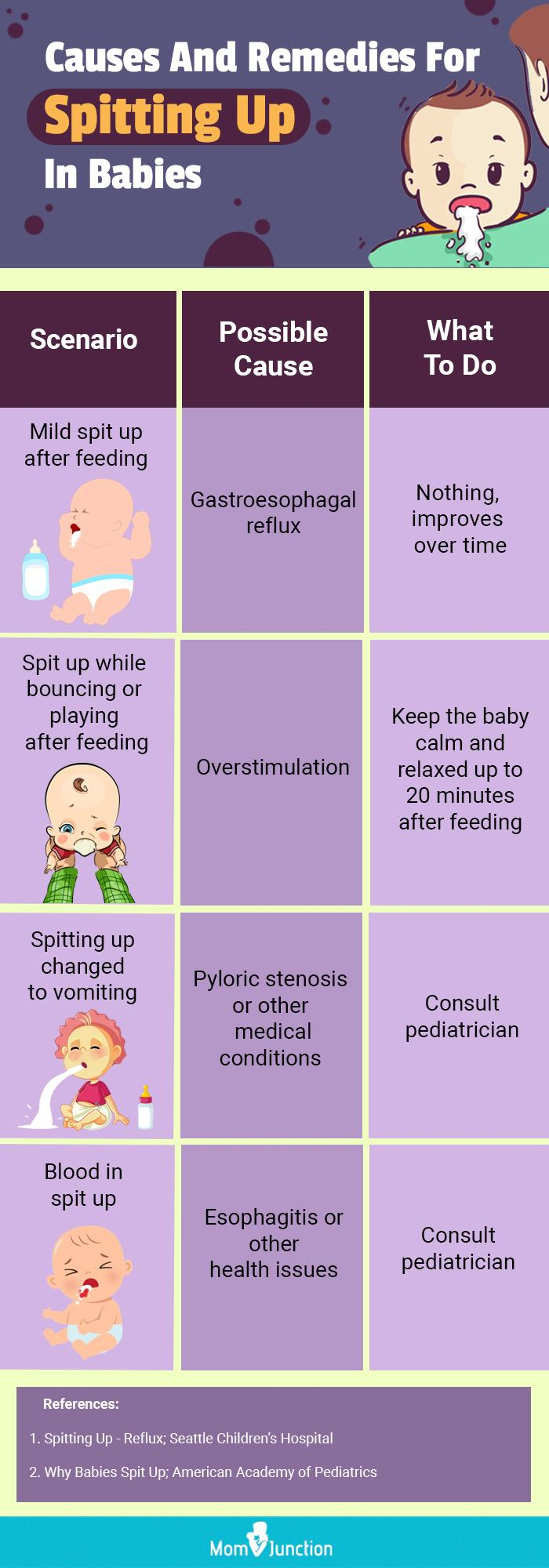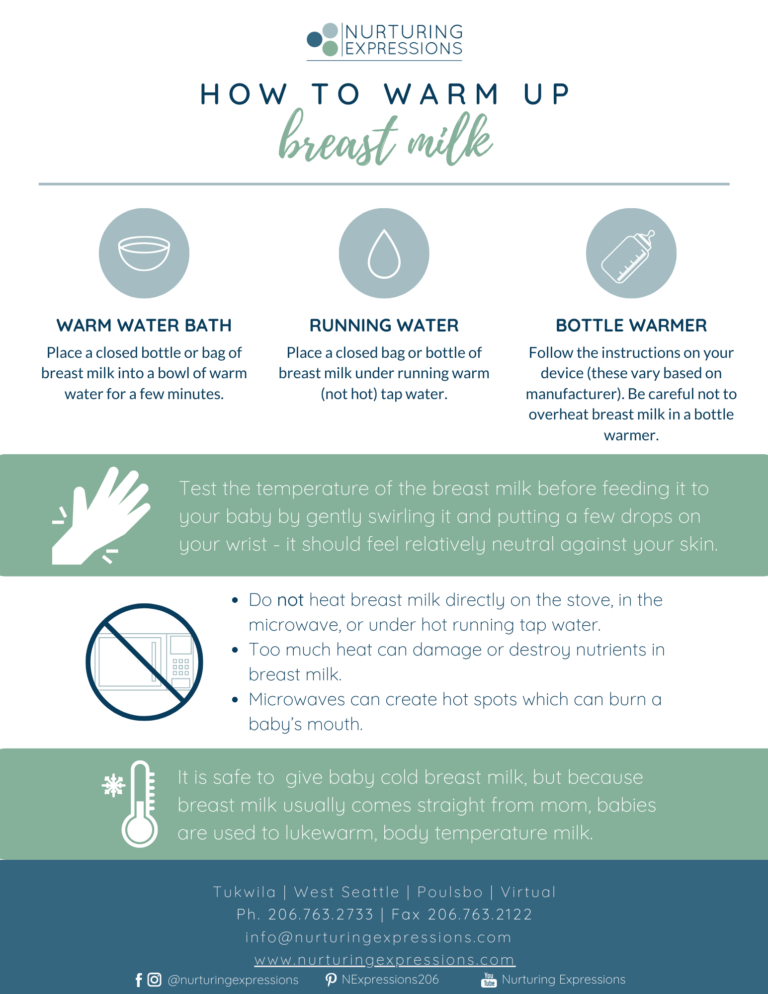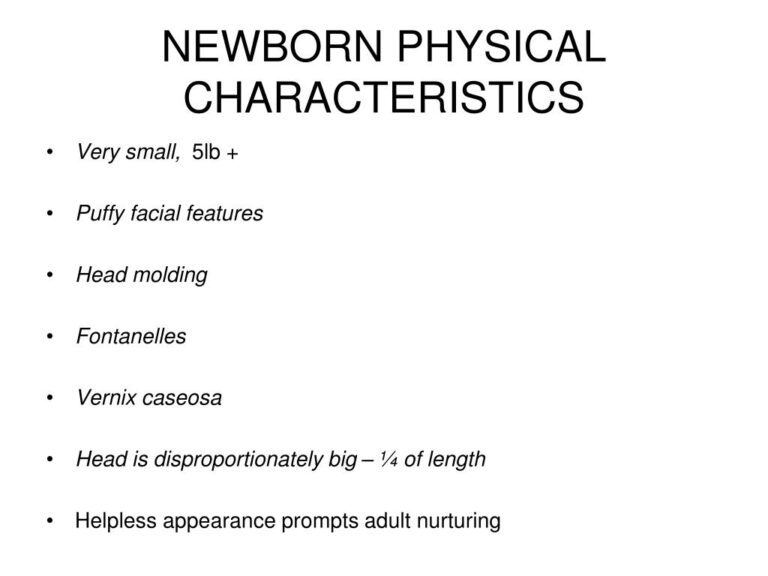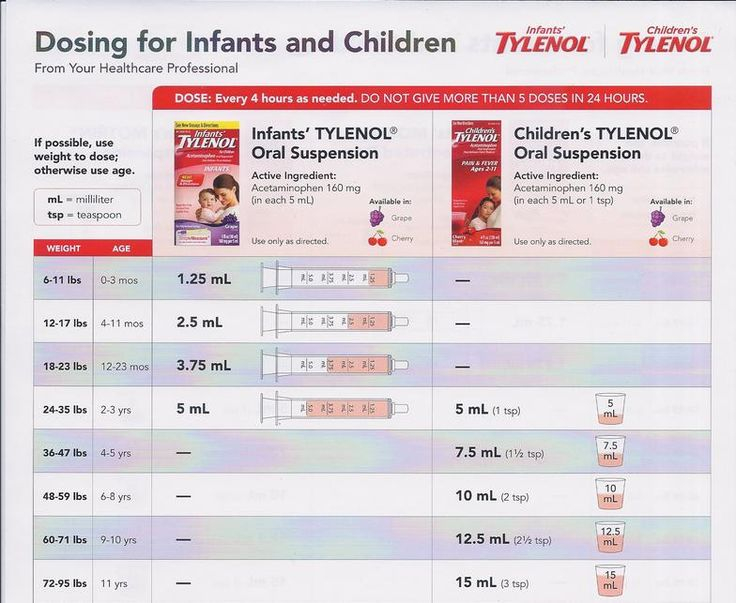What Causes Baby To Spit Up
Spitting up is a common occurrence in babies, and parents often wonder what causes their little ones to do so. Understanding the reasons behind baby spit-up can help caregivers manage and prevent this normal yet sometimes messy phenomenon.
Knowledge
One of the primary reasons for baby spit-up is their immature digestive system. Babies have a developing lower esophageal sphincter (LES), which is the muscle that separates the esophagus from the stomach. This muscle is not fully developed in infants, making it easier for stomach contents to flow back up the esophagus and out of the mouth. As babies grow and their digestive systems mature, spit-up typically decreases.
Another common cause of baby spit-up is overfeeding. When babies consume more milk or formula than their stomachs can hold, the excess is often regurgitated. Parents should pay attention to their baby’s hunger cues and avoid overfeeding to reduce the likelihood of spit-up.
The position in which a baby is fed can also contribute to spit-up. Feeding a baby in a slouched or lying-down position can cause milk or formula to flow back up more easily. Caregivers should ensure that babies are held upright during feedings and burped frequently to help release any trapped air that could lead to spit-up.
Some babies may be sensitive to certain foods in their mother’s diet if they are breastfed, or ingredients in formula. Cow’s milk protein, caffeine, and spicy foods are common culprits that can cause digestive issues in infants, leading to increased spit-up. Identifying and eliminating potential triggers can help reduce episodes of spit-up in sensitive babies.
Feeding too quickly can overwhelm a baby’s digestive system, leading to spit-up. Caregivers should pace feedings and allow babies to eat at their own pace to minimize the likelihood of regurgitation. Taking breaks during feedings and ensuring a proper latch can also help reduce spit-up.
Conclusion
In conclusion, baby spit-up is a normal occurrence that can be caused by various factors such as an immature digestive system, overfeeding, incorrect feeding positions, food sensitivities, and fast feeding. Understanding the reasons behind spit-up can help caregivers manage and prevent this common issue in infants. By following proper feeding practices, paying attention to baby’s cues, and making adjustments as needed, parents can help reduce spit-up episodes and ensure their little ones stay comfortable and happy.
Overall, this article is beneficial for new parents, caregivers, and anyone interested in learning more about the causes of baby spit-up. By providing detailed information and practical tips, this article aims to empower readers to better understand and address spit-up in infants.






